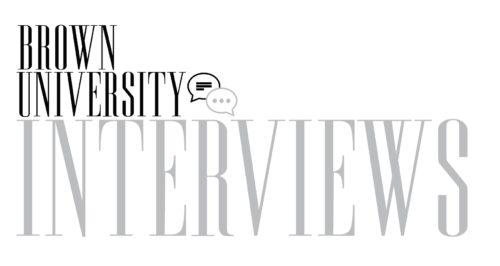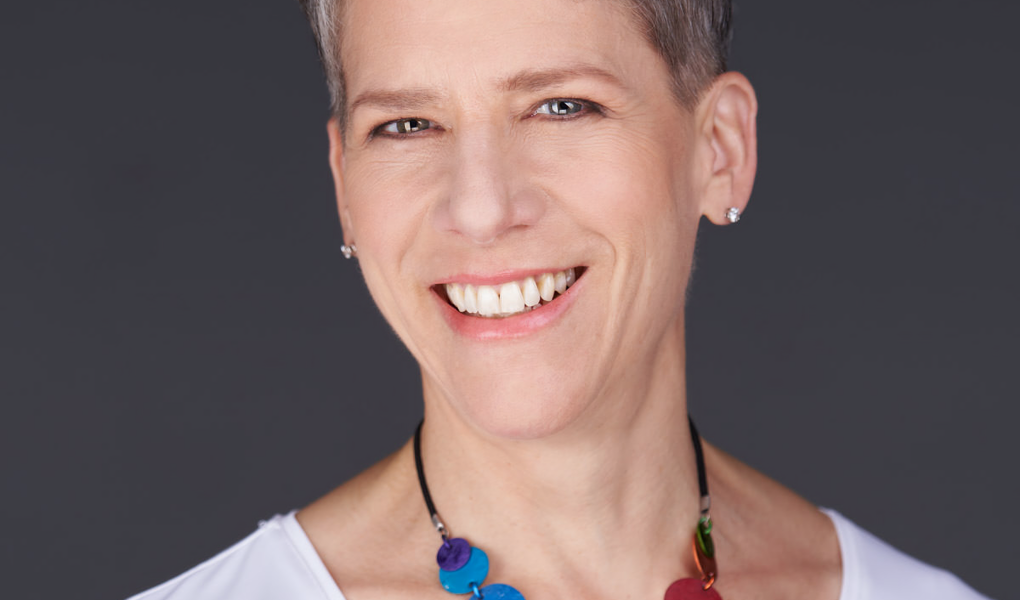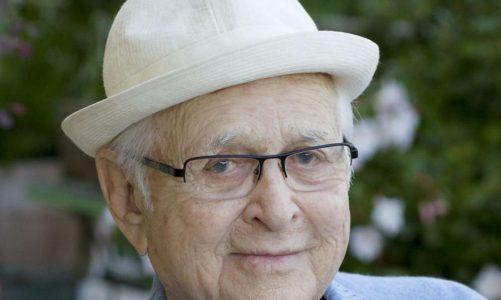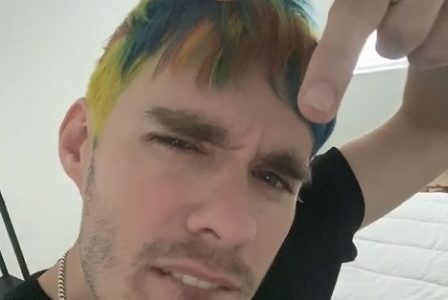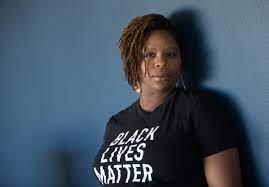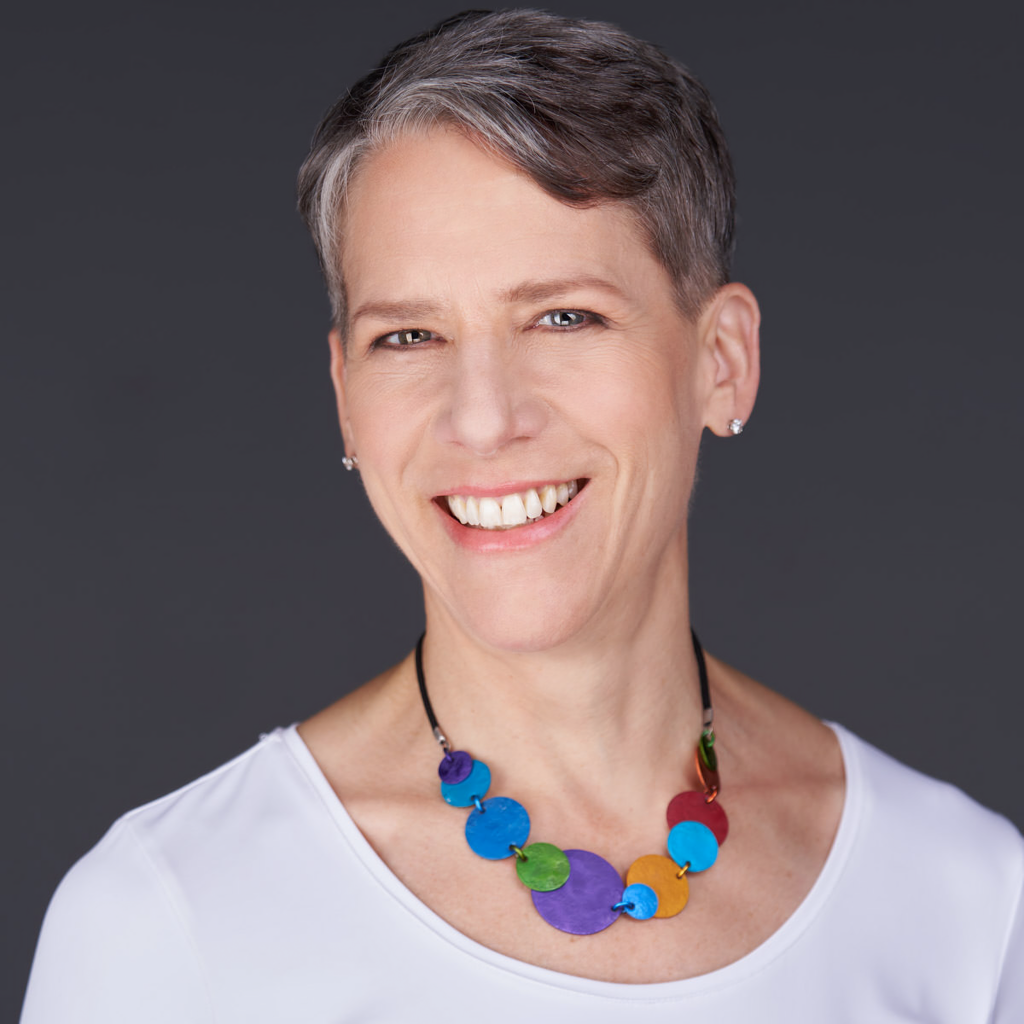
Ambassador Suzi LeVine ‘93 is a Senior Fellow at the Watson Institute for International & Public Affairs and has over twenty-five years of leadership experience in the public, private, and non-profit sectors. In the public sector, she served as the U.S. Ambassador to Switzerland and Liechtenstein, as Commissioner for Washington State’s Employment Security Department, and most recently as Acting Assistant Secretary at USDOL’s Employment and Training Administration. In the private and non-profit sectors, Suzi was a leader at Microsoft and Expedia, started nonprofits in the Jewish community and early learning spaces, and currently serves on several boards. She graduated from Brown in 1993 with degrees in English and Mechanical/Aerospace Engineering. In this interview, we discuss Suzi’s exceptional career in the private, public, and nonprofit sectors, the value of diversity in the workplace, and the importance of public service.
Matthew Shabino: What has it been like being back at your alma mater as a Senior Fellow with the Watson Institute?
Ambassador LeVine: It has been extraordinary. I have loved the opportunity to work with exceptional students, walk familiar paths, and engage in robust conversations and debates. It has helped me fall in love with Brown all over again. The school has grown and the students have changed, but the spirit and values of the university are still so strong. It reminds me of why I so deeply loved my Brown experience, and how much it shaped me and my work over the years.
What inspired you to get involved in public service?
Every day I wake up thinking about how I can make the world a better place. That stems from the Jewish value of Tikkun Olam (“repair the world”) with which I was raised, as well as the generations from which I come and the generations that I hope to inspire. I think we need to do what we want our world to be. We can’t just sit back and wait and hope, because that’s not a strategy. So I very much view Tikkun Olam as my North Star in a very non-linear career.
My time at Brown also contributed to my path. As an Engineering and English major, I was always thinking about, “How do the two sides of my brain connect?” This kind of thinking helped me progress my professional career along paths that gave me an opportunity to get exposed to public service leaders and elected officials.
After graduating from Brown and before entering public service, you worked in the marketing department at Microsoft. Historically, the tech world has been very male-dominated. How did you navigate this lack of diversity while making sure that your voice was always heard?
I appreciate that question, especially coming from a guy. Men are going to be critical to how we solve these problems (and certainly women will be too). When I went into the technology industry, the first experience where I realized the profound value of gender diversity was during my first week on the job at Microsoft. They were naming a feature in MS-DOS and they had come up with the terrific name “Maxi Protection Technology.” When I heard this, I immediately raised my hand and said “Hey fellas, this sounds like something that you’ll use once a month.” Fortunately, they did not name this feature after a feminine hygiene product and instead named it Data Protection Technology. To make great products that meet everybody’s needs, you have to represent everybody in the room.
Even as an ambassador, as a woman, sometimes people couldn’t hear my voice, they could only hear a male voice. It’s clear to me that people hear different voices at different times, but there’s definitely still a bias towards male voices having authority, even from females who are listening. Now we’re getting better, and when you raise awareness of it, people are definitely better. But it’s going to take some time.
People often talk about the social value of diversity, which is that it’s the right thing to do, but there is also the economic value of diversity. There are now a ton of reports from McKinsey and others that show that more diverse teams are more creative, productive, and have better solutions. That’s why the Microsoft example is so important; if Microsoft had put out something called Maxi Protection Technology, they would have been the laughingstock of the industry. They would have not realized that if there hadn’t been a woman in the room to flag that issue. In my experience, I can’t tell you how many times I’ve been in a diverse workspace and people have flagged things that I would have never known.
Speaking of challenging yourself to have as many perspectives in the room as possible, how important do you think having a growth mindset is to success?
Surprisingly, I have mixed feelings about this. Personally, I have a growth mindset and have navigated a lot of changes in my life, but I also understand that change is really hard for most people, and I deeply respect that. Leaders need to recognize that change isn’t natural for everybody. I’m a huge advocate for change management, where you check in on folks, try to understand their anxieties and concerns, and help them through it. Change is going to happen; it’s just a question of whether it can be done gracefully. Can you support people through it and look at the unintended consequences and implications of change? Can you reduce any negative impacts?
One example was in my job at the Washington Employment Security Department, where I had the honor of overseeing the state’s H2A program. H2A is a category for seasonal agricultural workers and Washington State is the third largest utilizer of this program in the country. We found that some of these farms were starting to use more and more technology, like an assembly line that had twenty-seven people sorting apples by size and bruising. But when you put in an automated system that can use sensors to do that sorting, twenty-seven employees became three and those three needed to learn digital skills instead. So how can we help those individuals whose jobs have just gone away get new opportunities and how do you train folks to be in those new types of jobs? It’s really easy to say that people need to have a growth mindset, but we need to have compassion because different people approach change in different ways.
During your time as the Ambassador to Switzerland in the Obama Administration, what do you think were your biggest accomplishments?
There were three major successes. One was bringing the Swiss model of apprenticeship to the United States. That model continues to expand and grow today. Another major success was in banking. There had been a big cloud around the banking relationship between our countries following the rollout of the Foreign Account Tax Compliance Act (FATCA) in the United States. This act led the Department of Justice to sue Swiss banks regarding their practices of creating tax shelters for Americans. In response, Swiss banks decided to shut down bank accounts for American citizens. Many Americans thought this would only affect wealthy Americans who had big money in some Swiss bank account, but there were plenty of normal Americans impacted as well. For instance, an American school teacher who married a Swiss and moved to Switzerland. When I started my position as Ambassador, I was able to negotiate with many of the Swiss banks to allow Americans to open accounts again and restore their banking services. A third success was around Swiss neutrality in international efforts to combat extremism. While the Swiss policy of neutrality kept them from joining any international coalition against ISIS, I was able to get them to fund demining in towns that had been retaken by the coalition, such as Raqqa in Syria.
Were there significant changes in U.S. policy in Switzerland under the Trump Administration?
One of the beautiful things about the Swiss relationship is that a lot of it exists in non-politically charged domains, especially around apprenticeship and our economic relationship. The kind of work that I did persisted with my successor and persisted with the Biden administration and the new Ambassador, Scott Miller. One of the surprising things about our relationship is that Switzerland is the sixth or seventh largest investor in the United States in foreign direct investment, but number one in R&D. Think about Roche, Nestle, Novartis, and Zurich Insurance for instance. Of course, there were hedge factors with the transition to the Trump Administration. For example, they did not continue the work that I did around diversity, equity, and inclusion in partnership with the Swiss or continue the same level of citizen outreach and youth engagement. Otherwise, things persisted and it was a pretty smooth handoff.
Following your time as Ambassador, you served as Commissioner of the Washington Employment Security Division. During this time you had to deal with both the Covid-19 pandemic and a significant unemployment scam that took millions of dollars from the state. How did you deal with this adversity?
First of all, we had to serve millions of Washingtonians during a profound crisis. Washington State was at the tip of the sphere as well: we were the first state where a case was detected, the first state with a death, and the first state that had to shut down on a massive scale. We had a profound and urgent need, and over the course of 2020, we fundamentally met that need and delivered fourteen billion dollars in benefits to over a million Washingtonians. However, our systems were not designed for the tsunami of demand that occurred and the velocity with which it came. To give you a sense of the scale, we had a twenty-eight times increase in demand for unemployment benefits in three weeks. At its peak, it was seven to eight times the peak of the Great Recession.
Due to technology issues and new benefits that required much less documentation, international criminals were able to use stolen data that had been taken during famous attacks like the Equifax, Primera, and Target breaches to illegally apply for unemployment benefits. This didn’t just occur in Washington State, but all across the United States and its territories. We had $650 million dollars stolen, which was an exceptional amount. What we were able to do in response to this hack was to very quickly shut it down and recover most of the funds. Over the last two years, we have been able to recover about $405 million dollars of the sum. Over the course of 2020, the fraud amounted to less than 1.7%. When you have a lot of money going out, sadly there is going to be some level of fraud, but the key is to try to stay ahead of them.
To help Washingtonians under pressure from the health crisis, we needed to rapidly innovate, creating new systems to work with banks and new mechanisms to deal with concerns or questions from customers. It was an unbelievable challenge and we met it. Was it perfect? Absolutely not, but we sure learned a lot. It breaks my heart that we weren’t able to get the benefits into people’s hands in as timely a fashion as they needed it. That’s where we really need to learn to build equitable systems, so that it’s not just people who speak English and have profound digital literacy who can easily access the systems. As someone who cares deeply about repairing the world and having the biggest possible impact, I’m glad I was in that seat when the hot potato got handed to me. My sister probably put it best at the outset; she said, “Suzi, you’re not going to do a good job, but you are going to do the very best job that is possible.” That’s what was so heartbreaking for me. Good wasn’t available, I could only do what was possible.
How did your work in the Employment Security Department carry over to your time in the Biden Administration’s Department of Labor?
In the Employment Security Department, I was responsible for unemployment insurance in Washington State, the funding of our workforce system, and helping workers when they hit transitions. All of these areas are regulated by the Employment and Training Administration in the U.S. Department of Labor, so I got to see what areas needed to be improved, especially related to unemployment insurance during the pandemic. When I became acting Assistant Secretary of the Employment and Training Administration, I wanted to come in with a fire extinguisher full of Neosporin; the Trump Administration had left the organization in a post-apocalyptic scene. President Trump had not hired people in many different roles, especially leadership roles. Also, he had devastated areas related to diversity, equity, and inclusion by eliminating and disallowing training related to DEI. This really demeaned people in the organization, especially people of color. In my capacity as Assistant Secretary, we were able to fix these problems and align the organization with the Biden Administration’s policies, priorities, and values. This included making sure that any grants going out prioritized equity, inclusion, and climate.
Following the news and seeing how divisive politics has become, how do you stay so optimistic?
I am optimistic in a couple of ways. First, I have seen in my career how the government can be great and really help people. I also have an enduring faith that our institutions will persist and that, regardless of politics, the individuals who work in those institutions, by and large, have the best intentions to serve the public. Being a public servant is real; most of these people really care and want to make a difference in people’s lives. That gives me hope and faith.
My optimism also stems from how much voters care about their future. If we can truly reach people, we can show them that we all have more in common than we do apart. What’s the quote, that the arc of the moral universe bends towards justice? Well, sometimes it takes a little bit more people pulling it toward justice to make that happen. I have been fortunate to work for and alongside great leaders who also have hope and faith. But hope is not a strategy; hard work is. Fortunately, I have seen so many people who are willing to put in that hard work.
What advice would you give to Brown students and the next generation of leaders?
First, I would encourage those interested in public service to not just think about “I want to be President of the United States” or “I want to be a Senator.” An enormous impact on individuals’ lives can also be made in a position that is appointed or hired, and I hope more people will embrace that. I would also recommend that everybody consider doing public service at some point in their career, not just those that are currently aspiring to do it. If you want to be a banker or engineer, first go work in public service or know that you can take your private sector skills and then go and apply them in the public sector. There is an important role for everybody in public service.
*This interview has been edited for length and clarity.
